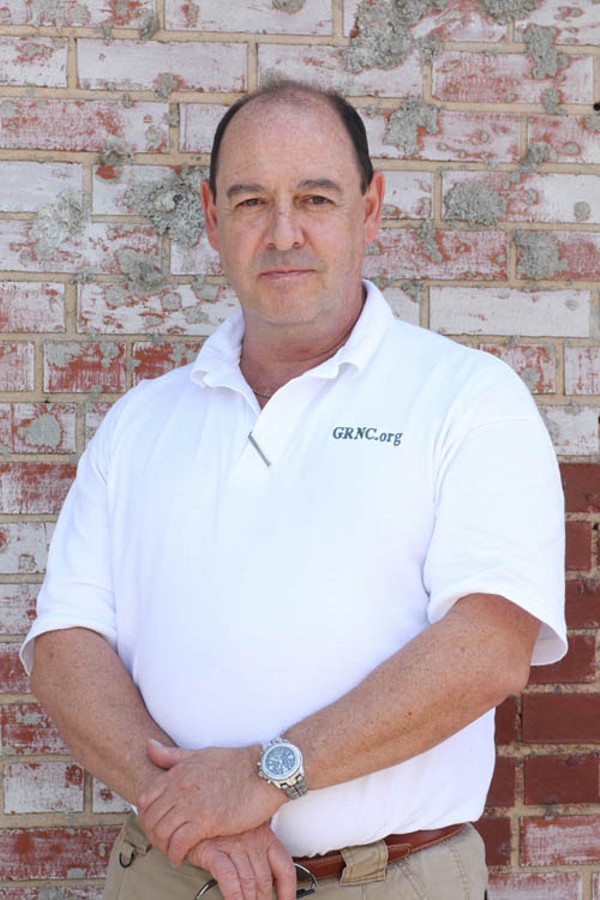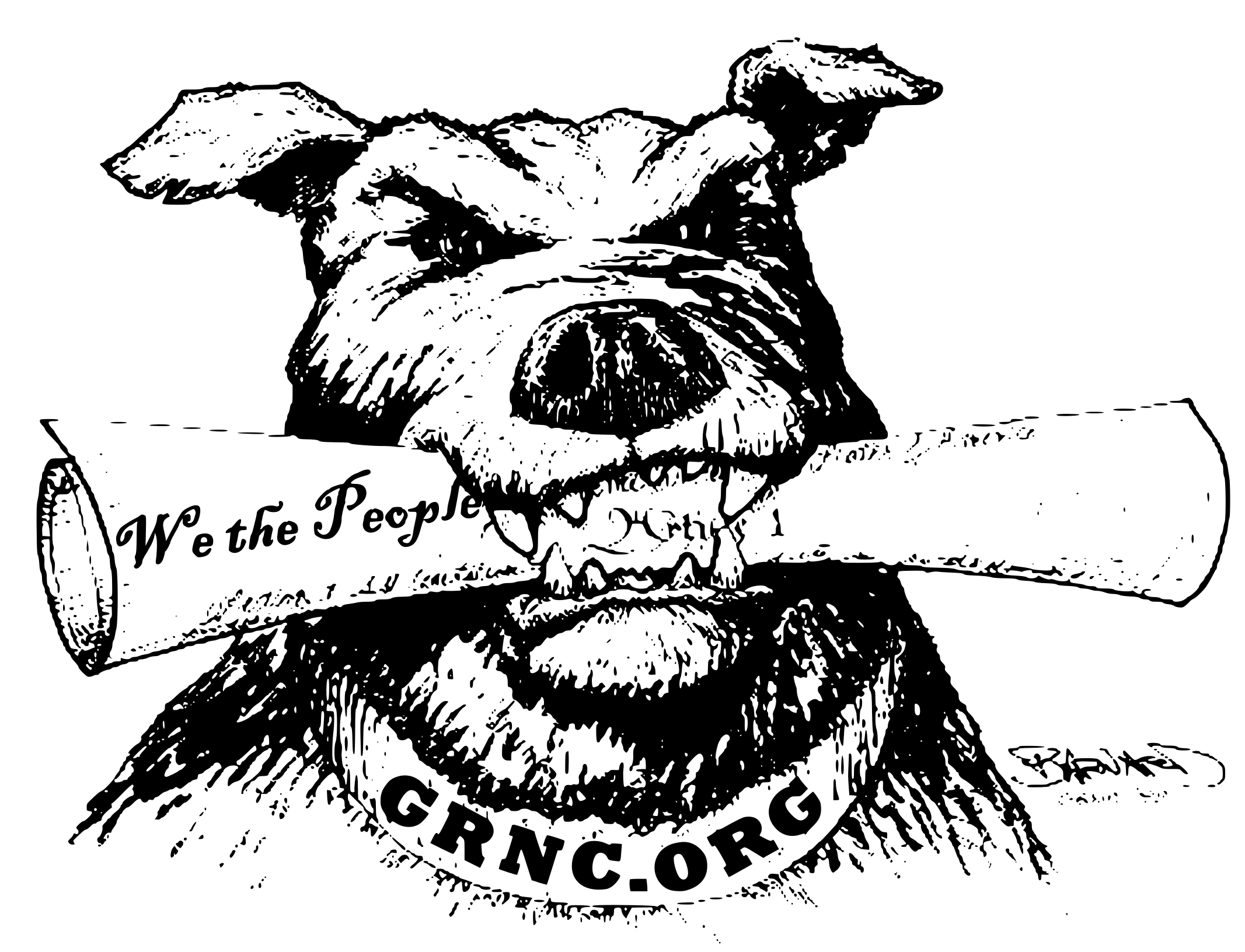By F. Paul Valone
January 2, 2012

January 2, 2012
In a piece run across the country, New York Times reporter Mike Luo cherry-picks anecdotes, misrepresents data, and ignores contradictions to smear North Carolina’s concealed handgun permit-holders as rife with criminals. What follows comes partly from questions I posed during his interview of me.
Luo matched data between our concealed handgun permit (CHP) and criminal record databases, producing “more than” 2,400 claimed matches, including “more than” 200 alleged felons. Yet that leaves 2,200 convicted of misdemeanors, many of which wouldn’t disqualify permit applicants. Bearing in mind that nobody has seen his data, Luo’s “criminals” could be guilty of offenses like “Hazing,” “Stealing Dairy Crates,” “Theft of Cable TV,” or even (perish the thought) “Taking Sea Oats From Land Of Another.”
Worse, his “matches” might not match at all. Depending on number and type of parameters, accuracy in database matching varies wildly, potentially producing “false positives.” Because the CHP database doesn’t reveal social security numbers, Luo matched only four parameters, including inexact name matches.
For example, depending on parameters selected, matching CHP and voter databases produces between 46,000 and 234,000 matches. Given Luo’s small number of “hits,” it’s possible false positives exceeded real ones. When asked how many of the 2,400 he verified with the State Bureau of Investigation (SBI), he answered, “About a dozen” (later claiming “20-or-so”).
Even Luo’s exaggerations paint permit-holders as more law-abiding than the general public. If our overall homicide rate of 5.3/100,000 inhabitants were applied to our 228,072 permit-holders, we would expect 12 homicides per year. Yet Luo found only 10 such cases over 5 years – only one-sixth the expected rate. Similarly, permit-holders were one-eighth as likely to commit DUIs and other felonies.
Although Luo tweeted, “data is the data” [sic],7 his piece highlights not data, but carefully selected anecdotes, as did his three previous articles alleging deficient gun laws.8 Using anecdotes to imply trends represents logical fallacy, making Luo ripe for the National Education Policy Center’s “The ‘Plural of Anecdote is Not Data’” award.
In 16 years under concealed carry, NC violent crime plummeted by 43.5%, with corresponding drops in murder, rape, robbery and aggravated assault. While correlation does not imply causation, research by former U.S. Sentencing Commission chief economist John R. Lott indicates the drop mirrors states with similar laws. Citing just one study critical of Lott, Luo avoids mentioning fifteen researchers supporting Lott’s conclusions before branding him “discredited.”
When Luo highlights failures by sheriffs to revoke permits from errant permit-holders, he avoids mentioning CHPs are linked to drivers’ licenses, enabling police to identify arrestees with permits. Moreover, nothing prohibits the SBI from doing periodic checks on permit-holders.
Yet Luo dodges the critical question: How many whose permits should have been revoked went on to commit gun crimes? Lott says it’s “interesting that [Luo] never mentions this so I assume the number was likely zero.”
He does, however, celebrate the Union County sheriff who, on the hotseat for not revoking the permit of someone who fired into a dwelling containing his own deputy, conveniently blames “the system.”
Luo even claims he didn’t cite anecdotes of permit-holder gun defenses because I refused to provide examples. Newsflash, Mike: The NRA maintains a searchable, online database of defensive gun uses.
Perhaps Luo misunderstands the limits of his data. After all, on Facebook he confessed that “thrashing” through data, “Made me wish I had taken a stats class in college.” But given Luo’s four biased articles, blogger Francis Porretto said it best: “When all the errors are in the bank’s favor, you can be forgiven for thinking there’s more at work than sloppy arithmetic.”
F. Paul Valone is president of gun rights group Grass Roots North Carolina. He can be reached at: president@GRNC.org
